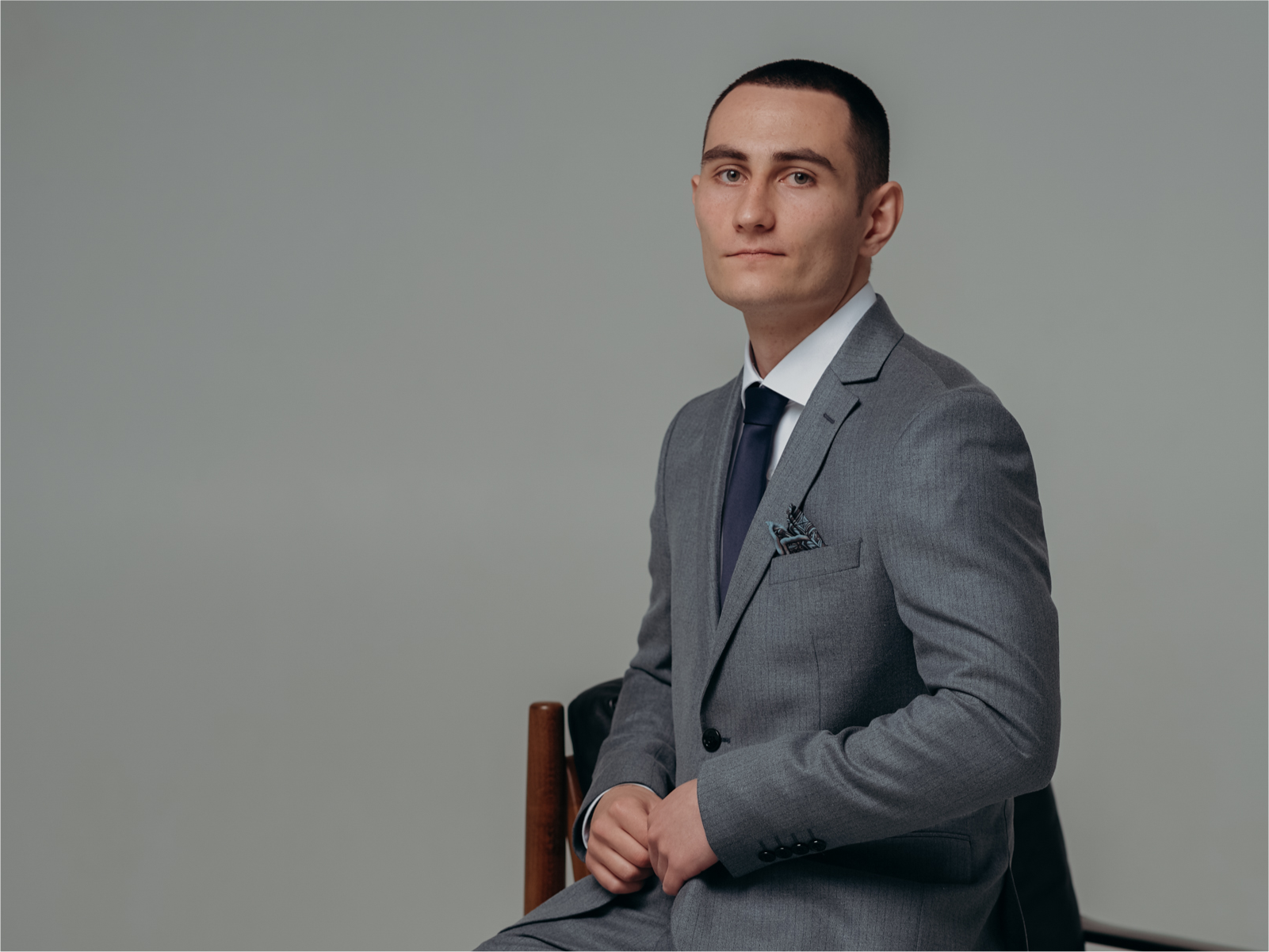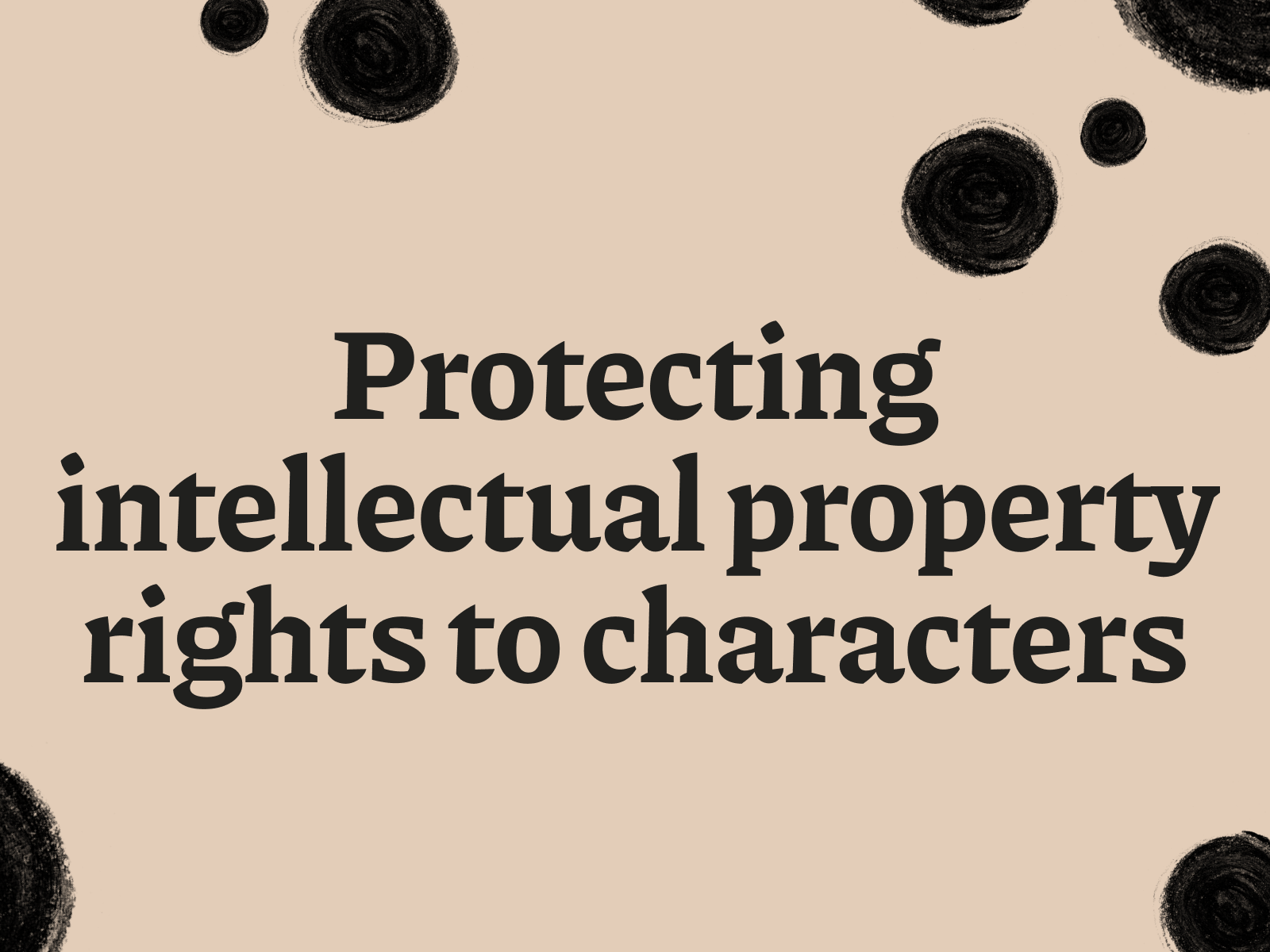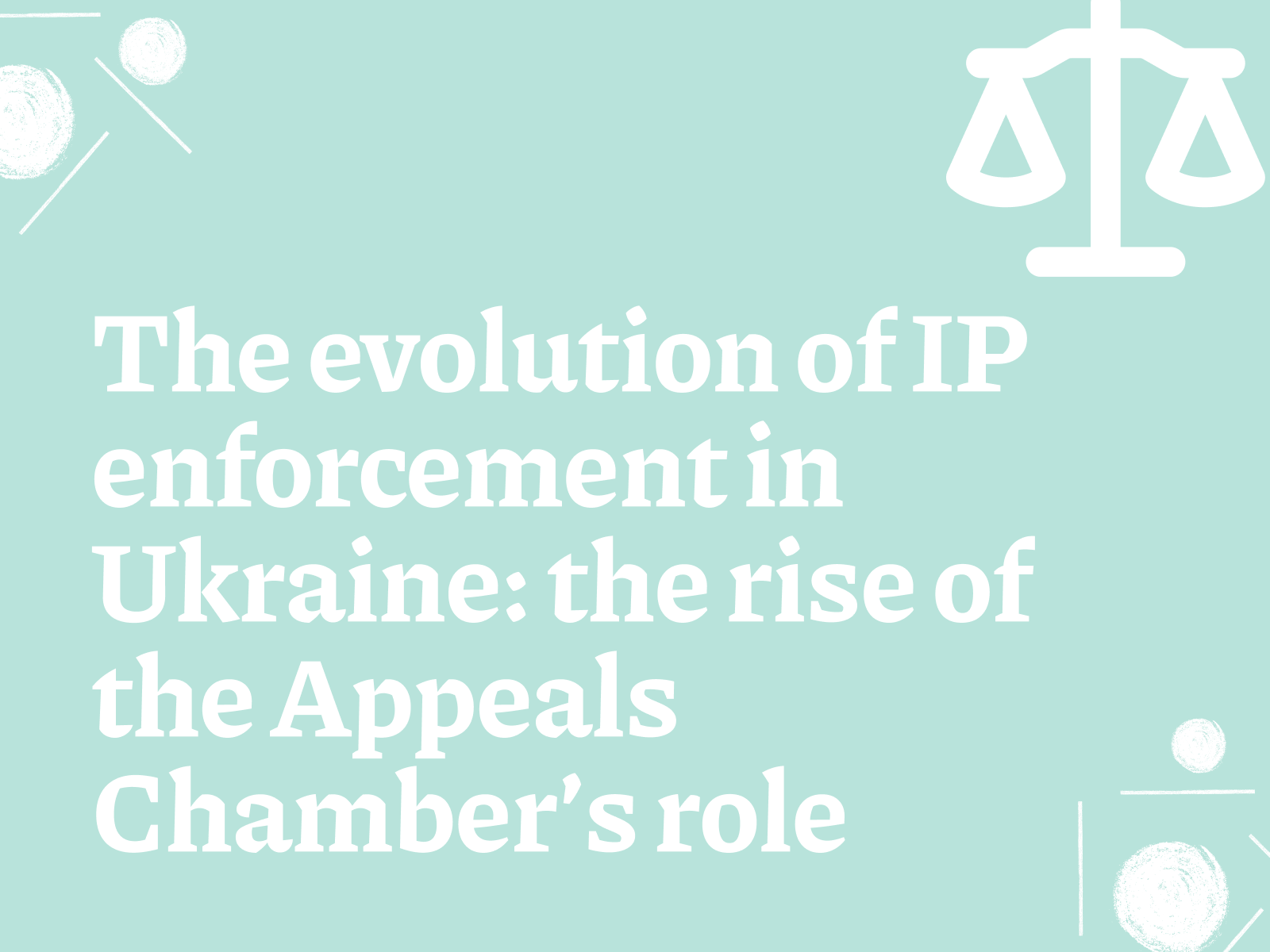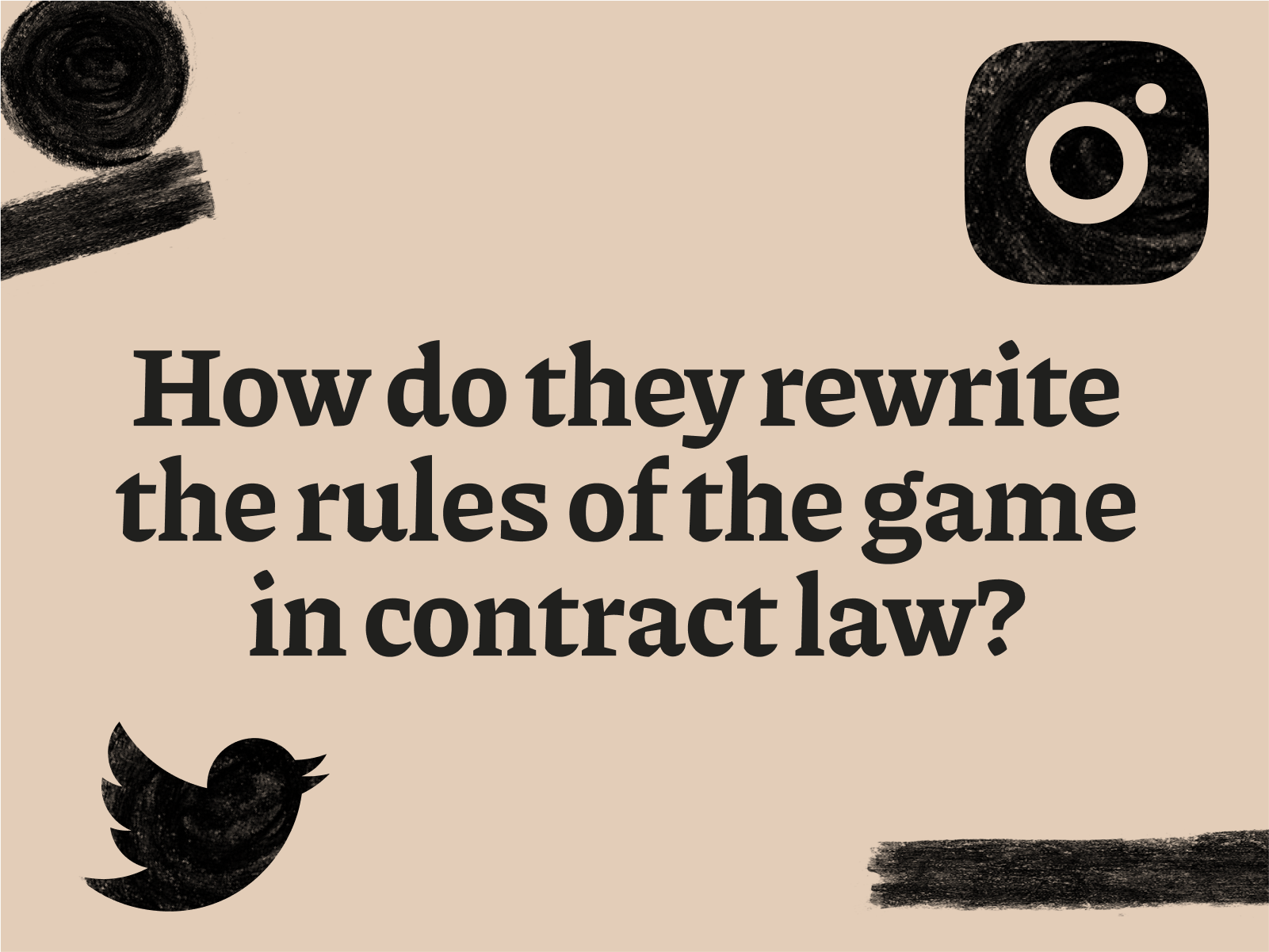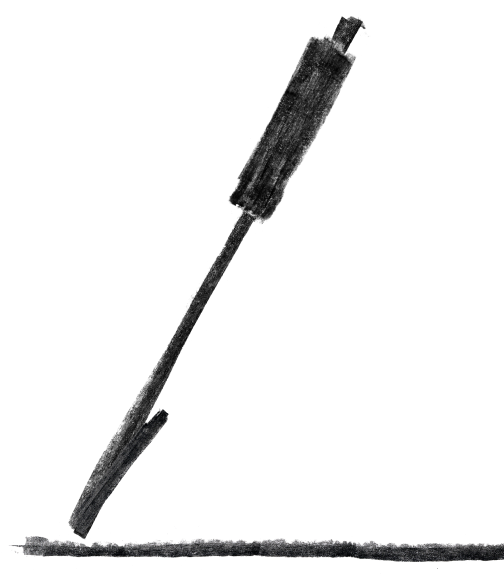Historical retrospective and EU practice
In general, the introduction of the supplementary protection is intended to reimburse the patent holder part of the effective term, during which the invention could not be actually used, as it requires state registration of the medicinal product, which takes a certain amount of time.
The establishment of this institution was preceded by the adoption of the respective regulations by the United States and Japan. A bit later, a similar initiative was supported by the European Economic Community and aimed at providing a fair competition with manufacturers from foreign jurisdictions.
At the same time, the European experts’ understanding of the concept of the supplementary protection had a slightly different nature.
Therefore, instead of extending the term of patent protection, as was implemented in the United States and Japan, it was decided to introduce the respective protection through sui generis rights, which were introduced by Council Regulation (EEC) No 1768/92 of 18 June 1992 concerning the creation of a supplementary protection certificate for medicinal products.
After a number of amendments, in connection with the adoption of Regulation (EC) No 1901/2006 of the European Parliament and of the Council of 12 December 2006 on medicinal products for paediatric use, the decribed regulations were codified into one – Regulation (EC) No 469/2009 of the European Parliament and of the Council of 6 May 2009 concerning the supplementary protection certificate for medicinal products (the “Regulation”).
European legislators expected that the Regulation would ensure equal conditions and simplicity of issuing the supplementary protection certificates at the request of the owner of intellectual property rights, but the application of the Regulation has shown that the process of issuing the respective certificates is not unified.
According to the Revision of the Supplementary Protection Certificate Regulations for medicinal and plant protection products of May 15, 2023:
“The SPC framework’s specificities make it more complex to ensure external coherence with other EU rules. First, the nature and implementation of SPCs are fully dependent on the basic patent framework and MAs, except for the recent SPC waiver. SPCs interlink with the EU patent package and the Unified Patent Court, which will deal with SPCs for Member States, provided they ratified the UPC agreement. Second, the regulatory law applicable to MAs provides for several type of MAs, and is therefore challenging for the proper application of SPCs. Third, some Member States apply the Bolar exemption beyond EU pharmaceutical legislation. Fourth, the most relevant international agreements do not address SPCs directly However, the SPC Regulations facilitated the inclusion of SPC-related provisions in EU bilateral trade agreements, enabling better protection of medicines and PPPs in non EU-countries”.
The above is also confirmed by the practice of the EU Court of Justice, considering that the enforcement of the legislation governing the issuance of the supplementary protection certificates is uncertain and there is an obvious gap between written law and case law.
In particular, the Court has issued a number of important judgments on the interpretation of Article 3(a) of the Regulation (Case C-121/17 of July 25, 2018 and Case C-650/17 of April 30, 2020), as well as on the interpretation of Article 3(d) of the Regulation (Case C-443/17 of March 21, 2019 and Case C-673/18 of July 9, 2020).
In addition, two other equally interesting cases C-149/22 and C-119/22 have recently been submitted for consideration.
National mode
In Ukraine, this institution has gone through several formations. Until August 16, 2020, the version of the Law of Ukraine “On Protection of Rights to Inventions and Utility Models” (the “Law”) was in force, which stipulated that:
“The term of validity of a patent for an invention, whose object is a medicinal product, plant or animal protection means, etc., whose application requires a permit of a relevant competent authority, may be extended upon request of the patent owner by the time lapsed from the date of the submission of the application and the date of the receipt of such permit, but not more than 5 years”.
In other words, the Law provided the supplementary protection of the medicinal product by extending the term of the patent.
Meanwhile, the procedure for extension was regulated by the Instruction on the Procedure for Extending the Term of Validity of a Patent for an Invention, the Subject Matter of which is a Medicinal Product, the Use of which Requires the Permit of a Competent Authority, approved by the Ministry of Education and Science of Ukraine on May 13, 2002 No. 298 (the “Instruction”).
At the same time, after amending the provisions of the Law on July 21, 2020, the legislator provided for the provision of the respective protection by issuing the supplementary protection certificate.
It is quite obvious that the provisions of Article 27-1 of the Law are implemented from the Regulations and are aimed at complying with the provisions of the Association Agreement between the European Union and its Member States, of the one part, and Ukraine, of the other part (the “Association Agreement”).
However, there is currently no regulation governing the procedure for issuing the supplementary protection certificates in Ukraine in accordance with European law, which leads to a number of litigations.
In this regard, it is interesting to note the legal position of the Supreme Court set out in its decision of December 14, 2023 in case No. 910/8295/21, according to which:
“…the absence in the novelties introduced to the legislation in 2020 of a reference to the rights of patent owners that arose earlier before the entry into force of Article 27-1 of the Law should not deprive the plaintiff of the right to obtain additional protection guaranteed by international treaties of Ukraine”.
The Supreme Court also determined that “…the decisive event for determining the regulatory act that should regulate the relevant procedure is not the event of filing a motion, but the moment when the plaintiff acquired the right to extend the term of validity of the rights to inventions under the patent, which occurred on 02.11.2018 with the registration of the medicinal product…”.
In the light of this issue, it is also worth noting the position of the lower courts, in particular, in case No. 910/17245/21. Here, the Commercial Court of Kyiv has determined that:
“…Article 6 of the Law of Ukraine “On Protection of Rights to Inventions and Utility Models” (as amended at the time of filing a patent extension application) provides for the possibility of extending the term of validity of a patent for an invention, the subject matter of which is a medicinal product. At the same time, the legislation does not provide for the possibility of partial extension of the patent term”.
Based on this, the court concluded that the decision to extend the patent term made in accordance with the order set forth in Article 6 of the Law and the Instruction does not conflict with the provisions of the Association Agreement.
It is worth agreeing with such findings of the commercial court, because, given the declarative nature of the provisions of Article 220 of the Association Agreement and the limited possibility of their practical application, it is quite logical that the enforcement of Ukraine’s obligations should be ensured by the provisions of national legislation, which at that time provided for additional protection through the extension of the patent term.
At the same time, despite the name of Article 220 of the Association Agreement “Supplementary Protection Certificate”, the article does not mention such a certificate, and therefore, this provision in no way conflicts with the provisions of the Ukrainian legislation that was in force at that time and did not provide the obligation to introduce a new mechanism in Ukraine that differs from the provisions of the Law and the Instruction by introducing an supplementary protection certificate.
In contrast, narrowing the rights established by national legislation based on a limited interpretation of Article 220 of the Association Agreement violates the principle of legal certainty and negatively affects the investment attractiveness of Ukraine.
Summaries
In summary, there is currently some legal ambiguity in Ukraine regarding the extension of the term of intellectual property rights to an invention based on a medicinal product. Moreover, controversial issues arise both in the case of applying the provisions of the Law as amended before August 16, 2020, and after.
The concepts themselves regulate a particular issue in different ways, and therefore, when resolving this category of disputes, the true meaning of these legal provisions should be established based on the actual historical context and specific circumstances of the case.

